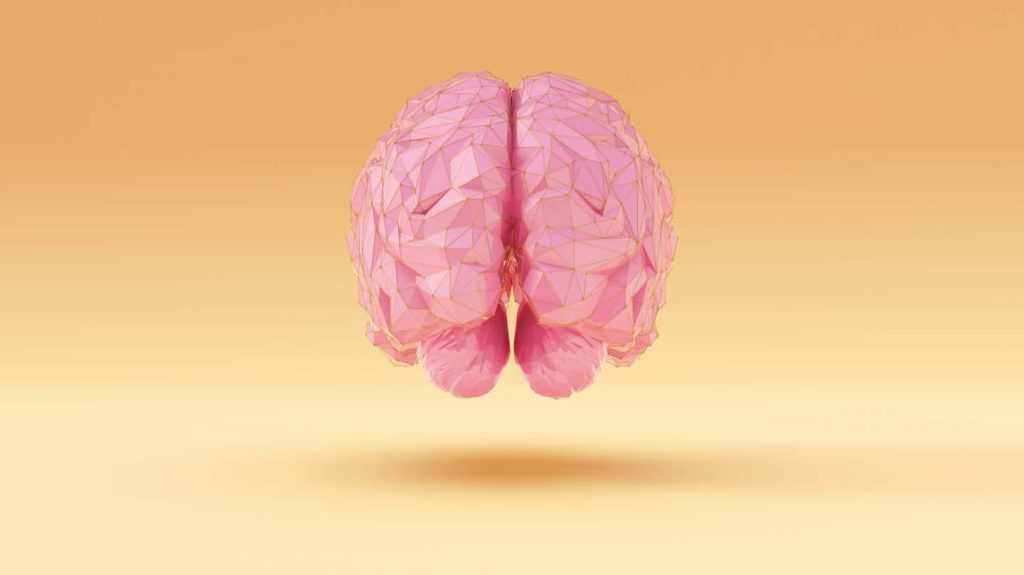Understanding where negative thoughts come from will help you stop them.
Where do negative thoughts come?
This can be answered with reason: Some of you may have had times when you thought of doing something and immediately felt anxious (physically). The anxiety may have been paired with thoughts like, “What if I don’t do it, what if they hate me, what if I get anxious.” In the evidence-based cognitive therapy model, those are called automatic thoughts. Where did these automatic thoughts come from?
Unless you believe they came from nowhere, they had to have come from somewhere specific. Since they automatically entered your awareness, they likely came from your brain, which is responsible for thinking and cognition. Until proven otherwise, that suggests that the brain used whatever you’re experiencing at the moment with your senses (smell, sight, touch, etc), did some kind of operation, and produced those thoughts–something in your brain was used to generate those thoughts.
What does the brain use to process the world and situations we find ourselves in? Beliefs[1]. Until proven otherwise, automatic thoughts like negative ones are caused or at least influenced by beliefs. Aaron Beck, a clinical psychologist seen as the father of cognitive therapy–an evidence-based tool for anxiety and depression–documented from his research that automatic thoughts were generated by beliefs[2]. Beliefs = things we think are true about ourselves, the world, people, things, etc.
How did these thoughts get stored?
Remember that we have the conscious ability to “store” information in our brains. The whole concept of learning demonstrates this. If we analyze the negative thoughts that bubble up when we’re physically anxious for example, we sometimes think those thoughts contain valid concerns. This observation suggests that although we would prefer not to have them, we perceive some of these negative/automatic thoughts as useful.
If we find some of these thoughts useful, does it not make sense that we knowingly or unknowingly told/instructed the brain–through self-talk–to store information that is now being used–in certain situations–to generate negative thoughts.
For example, if you think or believe it’s bad or unacceptable for certain things to happen, does it then not make sense that you stored information–through self-talk– at some point in your life that will help you avoid or prevent events you think are bad or unacceptable?
This is why automatic thoughts like “What if XYZ happens” pop up when there’s a chance that the XYZ event may happen. Note that you’d have your personal reasons why you view these events as unavoidable.
The prevailing view is that the brain is a self-preserving machine. If/when you think certain events are bad or unacceptable, your brain does everything it can to help you avoid experiencing those events in the future.
If you shift to seeing those events as things you dislike and prefer to avoid rather than unacceptable events, you can shift the nature of your automatic thoughts.
What is a negative thought?
If you take a step back, what is a negative thought? Some thoughts, although undesirable, may actually be beneficial.
The Solution
To uncover and dismantle beliefs you know or don’t know you have, so you can eliminate negative thoughts and anxiety triggers, check out How to Eliminate Anxiety Triggers solution.
Citations
[1] Rüdiger J. Seitz, Hans-Ferdinand Angel, Belief formation – A driving force for brain evolution, Brain and Cognition, Volume 140, 2020, 105548, ISSN 0278-2626, https://doi.org/10.1016/j.bandc.2020.105548. (https://www.sciencedirect.com/science/article/pii/S0278262619303860)
[2] Allen, J. P. (2003). An overview of Beck’s cognitive theory of depression in contemporary literature. Retrieved September, 5, 2014.
[3] Kaczkurkin, A. N., & Foa, E. B. (2015). Cognitive-behavioral therapy for anxiety disorders: an update on the empirical evidence. Dialogues in clinical neuroscience, 17(3), 337–346.
[4] Video is a clip from a Video called “What Causes Anxiety and Depression” answered by Dr David Burns
Other article titles
